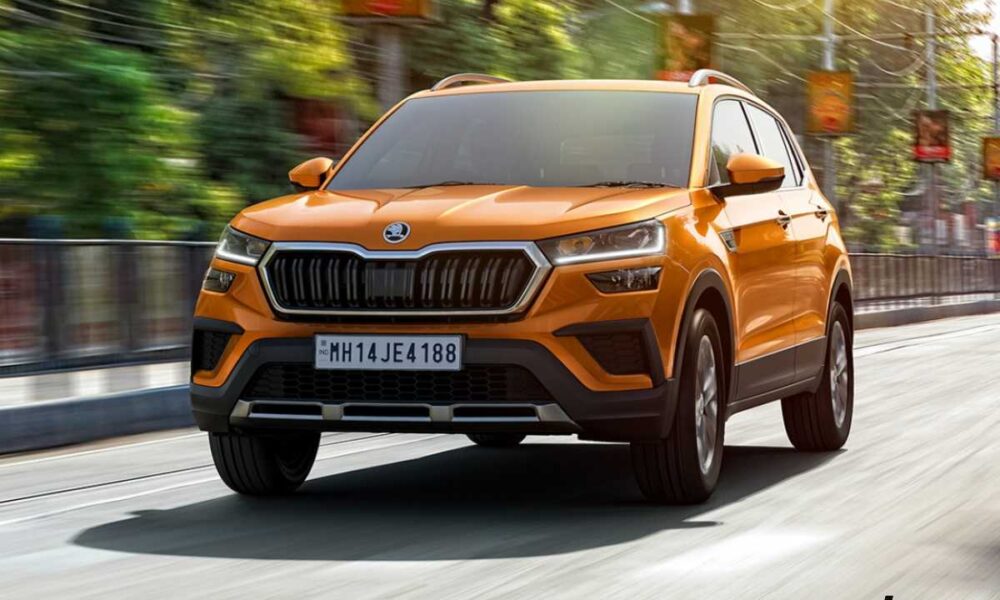As the automotive world shifts towards sustainable transportation, electric vehicles (EVs) have taken center stage. However, there’s another zero-emission alternative that’s gaining momentum—hydrogen fuel cell cars. Hydrogen-powered vehicles offer an exciting, clean energy option that could reshape the future of mobility. This article explores how hydrogen fuel cell cars work, their benefits, challenges, and what makes them a compelling alternative to battery-electric vehicles.
How Hydrogen Fuel Cell Cars Work
Hydrogen fuel cell cars operate using a fuel cell that generates electricity through a chemical reaction between hydrogen and oxygen. The process produces electricity that powers the car’s electric motor, with water and heat as the only byproducts—making them entirely zero-emission.
- Fueling the Car with Hydrogen
Unlike battery-electric vehicles that require charging stations, hydrogen cars are refueled at specialized hydrogen stations, much like traditional gasoline-powered vehicles. A hydrogen car can be refueled in about 3-5 minutes, significantly faster than the average EV charging time, making it more convenient for long-distance travel. - Electric Power Generation
Inside the fuel cell, hydrogen molecules pass through a catalyst, splitting into protons and electrons. The electrons generate an electric current, which powers the vehicle. The only emission from this process is water vapor, making hydrogen fuel cell cars a true zero-emission solution.
Benefits of Hydrogen Fuel Cell Cars
Hydrogen fuel cell cars bring several advantages that position them as a strong contender in the zero-emission vehicle market.

- Longer Range
One of the key benefits of hydrogen fuel cell vehicles (FCVs) is their impressive range. Models like the Toyota Mirai and Hyundai Nexo offer ranges comparable to, or even exceeding, traditional internal combustion engine cars. This longer range provides greater flexibility for long trips compared to many electric vehicles. - Faster Refueling
Hydrogen cars have a significant advantage when it comes to refueling time. While electric vehicles can take anywhere from 30 minutes to several hours to recharge, hydrogen cars can be refueled in just a few minutes. This makes them a convenient option for drivers who are constantly on the go or those traveling long distances. - Zero Emissions
Like electric vehicles, hydrogen fuel cell cars emit no harmful pollutants. The only byproduct is water vapor, which means they contribute to cleaner air and help reduce greenhouse gas emissions. This makes hydrogen cars an excellent choice for eco-conscious consumers. - Sustainable Fuel Source
Hydrogen, the most abundant element in the universe, can be produced using various renewable resources, such as water through electrolysis powered by wind or solar energy. This gives hydrogen fuel cells the potential to become a sustainable and renewable energy source for vehicles, further enhancing their appeal as a long-term solution.
Challenges Facing Hydrogen Fuel Cell Cars
While hydrogen fuel cell cars have significant potential, they still face a few challenges that need to be addressed for broader adoption.
- Limited Infrastructure
One of the biggest hurdles for hydrogen-powered cars is the lack of refueling infrastructure. Hydrogen fueling stations are still few and far between, primarily concentrated in certain regions like California, Japan, and parts of Europe. Expanding this network is critical for making hydrogen fuel cell cars a practical option for more drivers. - High Production Costs
The production of hydrogen fuel cell vehicles is currently more expensive than manufacturing battery-electric cars. This is due in part to the complex technology involved in fuel cells and the high cost of producing hydrogen fuel. However, as demand increases and technology advances, it’s expected that production costs will decrease, making these vehicles more affordable in the future. - Energy-Efficiency Concerns
Producing hydrogen through electrolysis and then using it in a fuel cell is less energy-efficient compared to directly using electricity to charge a battery. This additional energy conversion step can reduce the overall efficiency of hydrogen cars, a factor that some argue makes battery-electric vehicles a better choice for energy conservation.
Hydrogen vs. Electric: Which Zero-Emission Vehicle is Better?
The comparison between hydrogen fuel cell cars and battery-electric vehicles (BEVs) is inevitable, as both technologies represent the future of zero-emission transportation. While BEVs currently dominate the market, hydrogen cars have some advantages that could make them more suitable for specific use cases.
- Range and Refueling
Hydrogen cars typically offer longer ranges and faster refueling times than most electric vehicles, making them ideal for drivers who need to travel long distances or those who don’t have easy access to charging stations. On the other hand, BEVs are more accessible thanks to the growing number of charging stations, and their simplicity of use makes them a favorite for urban commuting. - Infrastructure
BEVs benefit from an already extensive charging network, whereas hydrogen infrastructure is still in its infancy. However, with the right investments and government support, hydrogen refueling stations could expand rapidly, especially in regions focused on green energy initiatives. - Environmental Impact
Both hydrogen and electric cars are zero-emission at the point of use, but the environmental impact depends on how the electricity or hydrogen is produced. If hydrogen is made from renewable energy sources, it becomes a clean alternative. BEVs rely on the energy grid, which may still depend on fossil fuels in some areas, affecting their overall environmental friendliness.
The Future of Hydrogen Fuel Cell Cars
Hydrogen fuel cell cars are steadily gaining ground as automakers continue to invest in this technology. Companies like Toyota, Hyundai, and Honda are leading the way, with plans to develop more fuel-efficient, affordable models. Additionally, countries around the world are committing to expanding hydrogen infrastructure, making it more viable for consumers.
In the future, hydrogen fuel cell vehicles could play a crucial role in reducing emissions and providing a sustainable alternative to traditional cars. While challenges remain, particularly in infrastructure and production costs, the potential for hydrogen-powered cars is undeniable.
Conclusion
Hydrogen fuel cell cars represent an exciting frontier in the automotive industry. With zero emissions, fast refueling times, and impressive ranges, they offer a compelling alternative to battery-electric vehicles. However, their success will depend on overcoming infrastructure challenges and reducing production costs. As the world continues its shift toward sustainable transportation, hydrogen fuel cell vehicles could play a significant role in shaping the future of green mobility.


